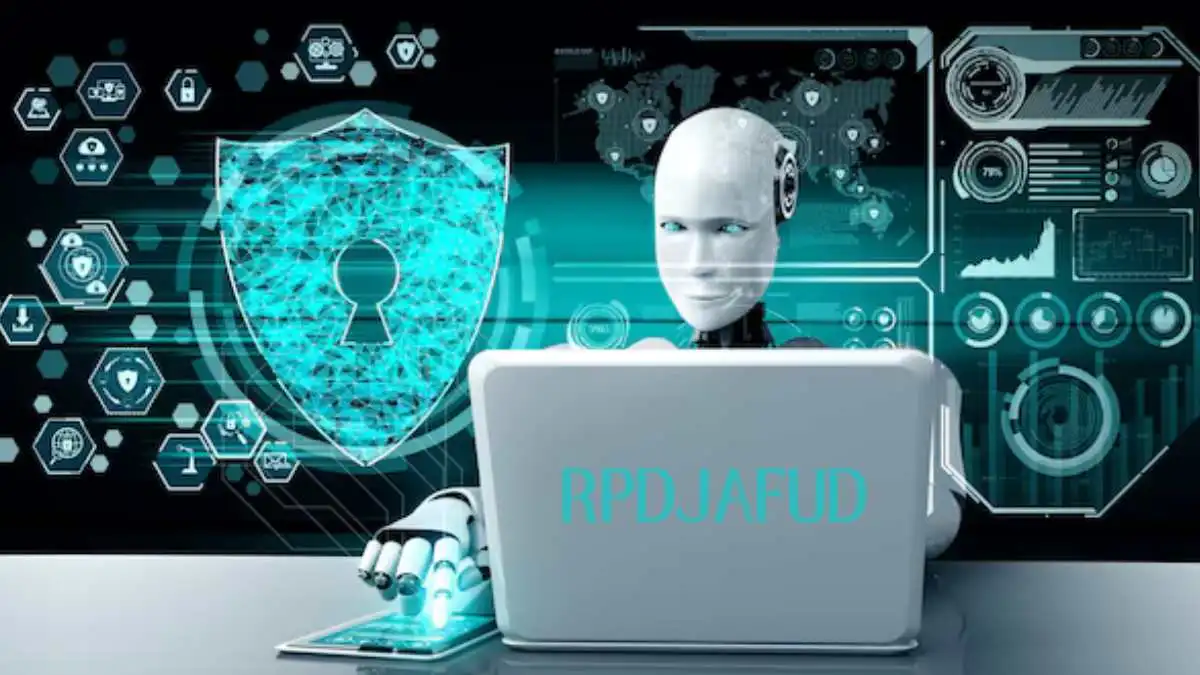Resilience: Strength in Adversity
The first element of RPDJAFUD is resilience. In today’s world, resilience is not optional — it is essential. Whether facing natural disasters, pandemics, or economic crises, societies must develop the capacity to recover and thrive.
Resilience is more than survival; it is about learning from setbacks and emerging stronger. For individuals, resilience means mental strength and perseverance. For organizations, it means flexibility and long-term sustainability. For nations, it means the ability to protect citizens while adapting to change.
Progress: Moving Forward with Purpose
The second pillar, progress, emphasizes the need to continuously move forward. Progress is not just technological advancement; it is also social improvement, educational expansion, and cultural enrichment.
A society that values progress strives to improve living standards, expand knowledge, and ensure that the benefits of innovation are shared widely. Importantly, progress should be ethical and inclusive — growth at the expense of human dignity or the environment is not true progress.
Diversity: Strength in Difference
Diversity is a cornerstone of RPDJAFUD. In an interconnected world, cultures, languages, religions, and lifestyles coexist. Diversity fuels creativity and innovation, allowing different perspectives to combine into stronger solutions.
Respecting diversity also strengthens democracy and human rights. When communities celebrate differences rather than suppress them, they build trust and harmony. A diverse society is more dynamic, more resilient, and ultimately more humane.
Justice: The Foundation of Peace
Without justice, no framework can succeed. Justice ensures fairness, accountability, and equality. It protects the vulnerable and balances the interests of individuals and the collective.
Justice must operate on multiple levels:
-
Legal justice, ensuring laws are applied equally.
-
Social justice, addressing inequality and discrimination.
-
Economic justice, ensuring fair opportunities and access to resources.
When justice prevails, peace becomes possible. When it fails, unrest and conflict follow.
Adaptability: Thriving in Change
In a rapidly shifting world, adaptability is as important as resilience. While resilience focuses on recovery, adaptability focuses on flexibility — the ability to anticipate change and adjust proactively.
Technological revolutions, climate change, and shifting demographics demand adaptability from governments, businesses, and individuals. Adaptability also encourages open-mindedness, allowing societies to embrace innovation rather than resist it.
Freedom: The Essence of Humanity
No vision for a better world is complete without freedom. Freedom means the ability to think, speak, and act without oppression, while respecting the rights of others. It fuels creativity, allows for dissent, and empowers individuals to pursue their potential.
However, freedom is not absolute. It requires responsibility. A free society must balance individual liberty with collective security and harmony. In the RPDJAFUD framework, freedom is both a right and a duty.
Unity: Strength in Togetherness
While diversity celebrates difference, unity ensures cohesion. Unity does not mean uniformity; rather, it means solidarity despite differences.
In practice, unity appears in communities supporting one another, nations working together in alliances, and global cooperation on shared issues like climate change and public health. Unity enables collective action, proving that together humanity is stronger than the sum of its parts.
Development: Building for the Future
Finally, development ties the framework together. Development is the process of translating ideals into reality. It includes infrastructure, education, healthcare, technology, and social programs that uplift communities.
True development must be sustainable — respecting the environment, preserving resources, and planning for future generations. When guided by the other values of RPDJAFUD, development becomes not just growth but holistic progress.
Interconnection of the Principles
One of the most powerful aspects of RPDJAFUD is that its principles are interconnected:
-
Resilience and adaptability prepare societies for challenges.
-
Diversity and unity ensure balance between individuality and solidarity.
-
Justice and freedom protect human dignity.
-
Progress and development transform vision into reality.
By weaving these principles together, RPDJAFUD offers a holistic vision for modern society.
Applications of RPDJAFUD
-
In Governance: Leaders can use RPDJAFUD as a decision-making guide, ensuring policies uphold justice, diversity, and development while encouraging adaptability and unity.
-
In Education: Schools can integrate these values into curricula, shaping responsible citizens who understand resilience, freedom, and justice.
-
In Business: Companies can adopt RPDJAFUD as a model for ethical growth — embracing diversity in hiring, ensuring fair treatment, and committing to sustainable development.
-
In Personal Life: Individuals can apply RPDJAFUD to personal growth by striving for resilience in hardship, adaptability in change, and unity in relationships.
Challenges in Practicing RPDJAFUD
Of course, ideals are easier to write than to implement. Practicing RPDJAFUD faces challenges:
-
Balancing freedom with responsibility.
-
Reconciling unity with diversity.
-
Achieving justice in complex, unequal societies.
-
Ensuring progress does not harm sustainability.
Yet, these challenges are not reasons for abandonment — they are reasons for commitment.
Conclusion
Though the word RPDJAFUD may not yet exist in mainstream vocabulary, its values are timeless. Resilience, Progress, Diversity, Justice, Adaptability, Freedom, Unity, and Development together form a powerful framework for addressing the complexities of modern life.
In an age of uncertainty, RPDJAFUD reminds us that building a better future requires both principles and practice. It is not just an acronym but a vision — one that encourages individuals, communities, and nations to work together toward resilience, justice, freedom, and unity, while never losing sight of development and progress.


